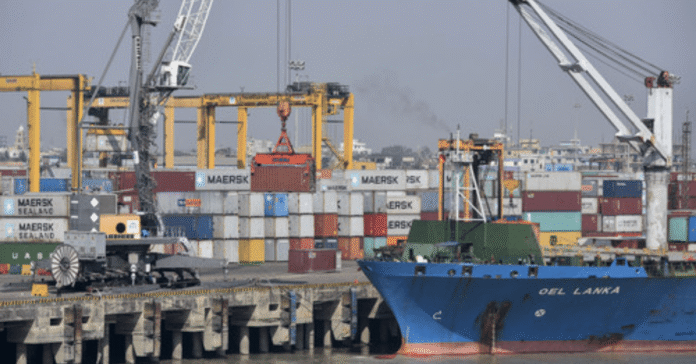In a move set to reshape regional trade, Tripura’s leading trade body has welcomed the central government’s decision to impose import restrictions on specific Bangladeshi goods entering through land ports. The decision is expected to safeguard domestic producers and promote self-reliance in the Northeast.
Why Tripura Supports Import Restrictions on Bangladesh
The Tripura import restrictions on Bangladesh cover six major categories: processed foods, plastic items, rubber products, ready-made garments, chips and biscuits, and wooden furniture. Thus, these goods can no longer be imported via land ports and must instead pass through sea ports such as Kolkata and Nhava Sheva.
Moreover, local business groups believe this change will reduce unfair competition from cheaper imports and give local manufacturers a much-needed boost.
Positive Response from Tripura’s Traders
Tripura’s traders say the region was experiencing an influx of Bangladeshi goods, including cement, packaged snacks, and furniture, which was affecting small and medium Indian businesses. Moreover, the Tripura Chamber of Commerce and Industry called the restrictions a step toward ensuring a level playing field for local manufacturers.
The move aligns with India’s broader “Make in India” strategy and Northeast development goals. For reference, you can explore more on India’s National Logistics Policy that aims to streamline trade and boost domestic output.
How Import Restrictions May Affect Regional Trade
The India-Bangladesh trade corridor, especially via Agartala-Akhaura, is one of the busiest in the Northeast. However, with these new rules, a dip in imports from Bangladesh is expected. Also, according to trade estimates, over 70% of retail goods sold in border markets were previously of Bangladeshi origin.
This change offers Indian companies a chance to reclaim market space. Further, local plastic manufacturers, food processors, and garment producers are preparing to meet the expected demand surge.
For context on border trade, you can read our previous report: Tripura to Implement National Farm Campaign from May 29.
Local Industries Set to Gain from Policy Shift
Entrepreneurs in Tripura are optimistic. With fewer Bangladeshi imports flooding the market, they see the opportunity to build resilient supply chains and scale operations. Some firms have already begun expanding production in anticipation of increased demand.
Additionally, the move may lead to job creation across sectors like packaging, logistics, and food processing.
To explore more about local industry potential, check out: Tripura’s Rising Agro-Based Industry Scene.
Strengthening India’s Trade Balance Through Strategic Restrictions
The government’s decision also supports India’s effort to balance its trade deficit. Also, by limiting imports from countries like Bangladesh, especially goods that can be produced domestically. Not only that, it aims to increase self-sufficiency while maintaining fair trade standards.
It reflects a broader trend of re-evaluating regional agreements and ensuring that economic partnerships don’t disadvantage local industries.
A Call to Support Local Manufacturing in Tripura
This policy is a timely reminder of the importance of supporting Indian-made goods. Consumers are encouraged to buy local and strengthen the domestic economy. Businesses are urged to upgrade their infrastructure and innovate to seize this market opening.
As Tripura aligns its economy with national trade goals, public and private sectors must work hand-in-hand.
- Tripura offices to operate on May 20 strike day
- Sepahijala Zoo welcomes tiger cubs in historic birth
Outbound Links:




